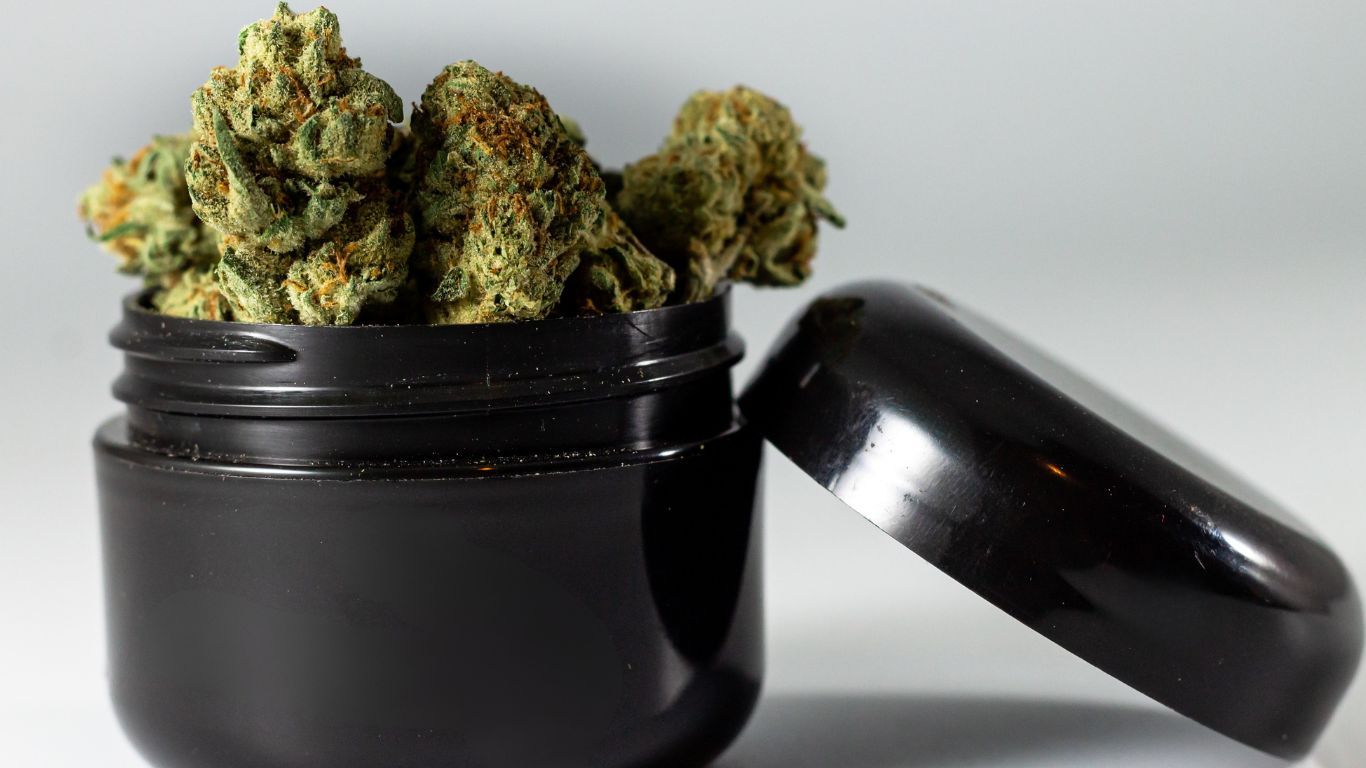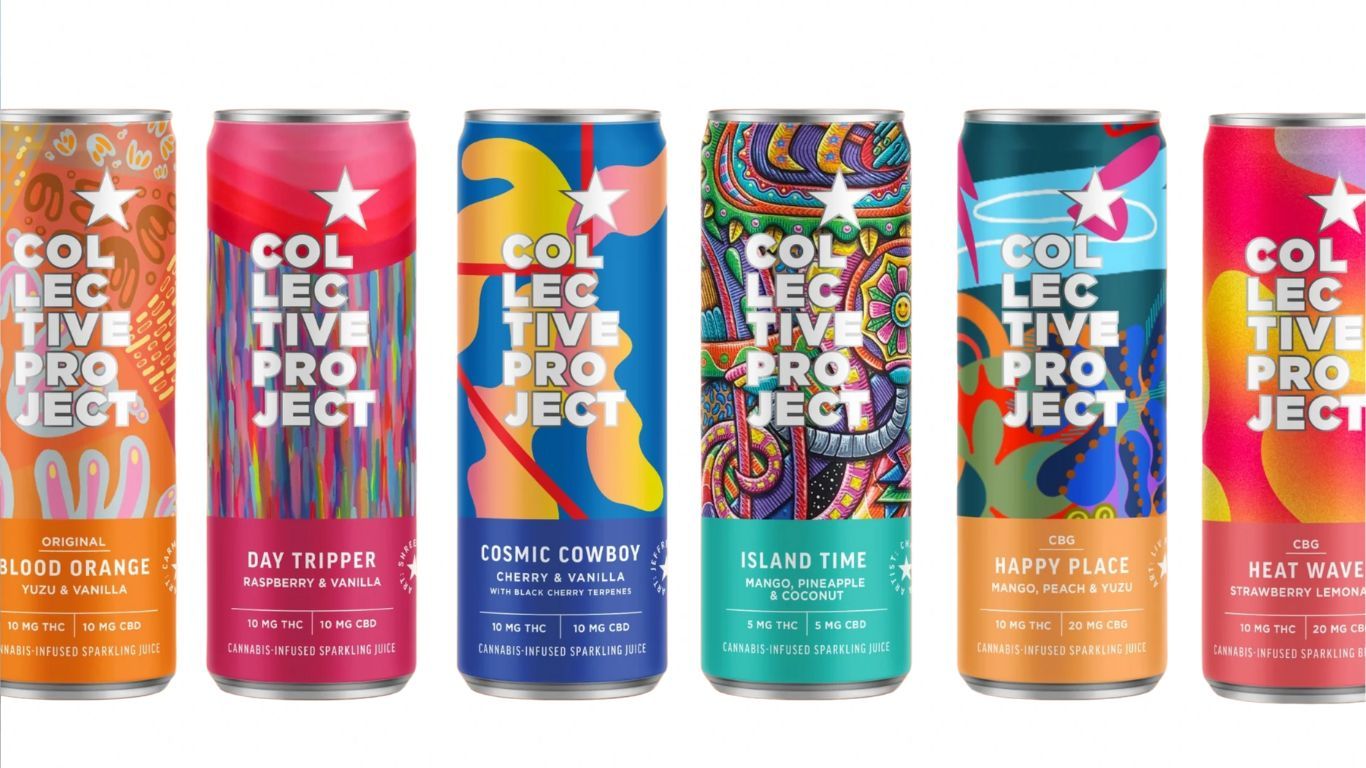
Like most regulations, cannabis regulations in Canada are constantly changing and evolving.
When federal cannabis legalization came into force in 2018, followed by regulatory regimes in provinces, First Nations, and municipalities, it was the beginning of a long, never-ending cycle of push and pull between industry, consumers, and regulators for a standard that balanced all of these interests.
While the current legislative review of the federal Cannabis Act is looking at the impact of this legislation on Canadian society, changes to the federal Cannabis Regulations are ongoing.
In 2023, we have seen several examples of these regulations changing—at all levels of government—in most instances for the better as far as industry and consumers are concerned. While some of the “big picture” needs of industry are not always immediately met, such as excise tax reform or an increase of the 10mg THC limit for edibles, small changes to federal regulations continue to make at least modest improvements in the daily activities of the industry.
Below are a few examples from Health Canada, the provinces, First Nations, and municipalities.
Health Canada cannabis regulations
As of October 1, 2023, Health Canada said it would phase out inspections for authorized activities change requests from processors to add the activity of sale of extract, edible, and topical cannabis products. This change applies to all processing licence holders, micro or standard.
In March 2023, Health Canada published a Notice of Intent in the Canada Gazette, Part I, seeking feedback on potential amendments to the Cannabis Regulations. The agency’s goal with these potential amendments is to streamline and clarify existing requirements, eliminate duplicative requirements, and reduce burdens where possible.
The federal regulator also extended various regulatory “flexibilities” first put in place during COVID-19 restrictions, and federal compliance and enforcement efforts continued to increase in 2023, especially for personal and designated growers.
What’s going on with CBN in Canada?
Not all changes were seen as positive, though. Health Canada had been engaging with industry for much of 2023 on the subject of “minor intoxicating cannabinoids” such as Delta-8 THC, THC-V, as well as CBN, among others.
In August, Alberta’s AGLC contacted some producers, informing them that it would be including the amount of CBN and/or THCV in a cannabis product within the total THC, claiming this was based on Health Canada’s rules. However, Health Canada noted no such rules yet existed. By September, the AGLC had reversed that decision, pending further guidance from Health Canada.
Then, in late December, Health Canada finally released the expected guidance for cannabis producers on cannabis products with intoxicating cannabinoids other than delta-9-THC, which included CBN. This document is currently still just guidance, not a regulatory change.
Of course, these federal regulations come with an assortment of fees, with Heath Canada collecting more than $60 million in the most recent fiscal year.
In October, Health Canada released a document offering background and considerations for guidance on microbial and chemical contaminant tolerance limits, seeking feedback from industry on the proposed changes.
Provinces
Several provinces also announced regulatory changes or plans for changes in 2023. British Columbia says it is considering several changes to its cannabis regulations, especially around the rules for cannabis retailers. It has been seeking feedback on its plan for modest changes to rules that could see cannabis consumption on patios.
In May, the province repealed its requirement for cannabis stores to use window coverings, and in September, they announced that cannabis producers could provide samples to retailers.
BC also announced funding to support Indigenous cannabis businesses.
Also in May, Manitoba suspended its 6% Social Responsibility Fee from retailers. To the frustration of many, in October, a Manitoba court upheld the province’s ban on growing cannabis at home. The ruling is being appealed.
Although the Manitoba NDP said they wanted to make several changes to the province’s cannabis policy, including saying they did not support the provincial ban on growing cannabis at home prior to this year’s election, since they formed government in October the province has been mum on the subject.
In Saskatchewan, the SLGA announced in June that all cannabis retail stores in the province were no longer required to ask for proof of age on every retail transaction for in-store purchases and pickups. In addition, effective immediately, the SLGA will only require personal and corporate disclosures for the applicant and any individuals, corporations, and other entities with an ownership stake of at least 10 percent of the applicant.
Also, Saskatchewan retailers who have received a cannabis store permit from First Nations Cannabis Licence Authorities (FNCA) are able to purchase cannabis from registered suppliers and permitted wholesalers in the province. With FNCA approval, they can also sell cannabis wholesale to other provincially-approved retailers.
In March, Alberta’s AGLC said cannabis producers can now provide samples to retailers and in October, it announced several changes to its cannabis rules and regulations, including enabling self-attestation for age-gating for retailers, providing producers with more information about where their products are selling, and allowing cannabis stores to use specific terms in their signage.
Previously, Alberta had one of the strictest age-gating rules of any province in Canada, with retailers only able to show product information on their websites if users had verified their age with an ID, either in-person or through an online form. Most provinces simply require a self-attestation, such as entering a date of birth or answering yes or no to a simple age prompt.
The province is also considering allowing white-label cannabis products and, in October, reduced the SKU listing fee for cannabis producers. In December, it announced several changes to its retail cannabis regulations that will come into force on January 31, 2024, including allowing cannabis retailers to operate temporary sales locations at adult-only events like trade shows and festivals.
In November, Ontario’s OCS announced they would begin a pilot program to test some cannabis products being sold in the province, drawing mixed responses from the industry. In August, the OCS announced changes to how it would store consumer data. In the same month, the Alcohol and Gaming Commission of Ontario (AGCO) and the OCS announced they had developed a new data platform to help simplify retailers’ cannabis reporting requirements.
In July, the OCS began allowing deliveries from smaller vehicles, making it easier for smaller cannabis producers to send shipments to their distribution centre. The OCS also began reducing its margins and moving to a fixed markup pricing model.
Ontario also plans to double the number of cannabis stores a retailer can operate from 75 to 150 and is proposing to ban the cultivation of cannabis in homes that offer childcare services.
First Nations
The Mohawk Council of Kahnawake gave the go-ahead for retail sales of cannabis in the community to begin when it voted to lift the moratorium on sales and possession for retail sales during its Monday meeting. The chief responsible for the dossier said she expects sales to begin in the New Year.
StratCann interviewed MCK Chief Tonya Perron about their plans for cannabis regulations in 2021. The lifting of the moratorium allows the Kahnawake Cannabis Control Board (CCB) to begin issuing the three licences that will be available for sales of cannabis, and possession of cannabis for sale, as soon as they get through what Perron expects will be a mountain of work on awarding those licences. Numerous stores operating in the area say they do not recognize the Council’s authority.
Municipalities
In April, Mississauga City Council voted to approve a motion to lift its prohibition on cannabis retail stores and permit them to be located in the second-largest city in Ontario. There are currently 26 cannabis stores listed by the AGCO as being authorized to open in Mississauga.
Surrey, a large municipality in British Columbia, is also looking into allowing cannabis stores. Pitt Meadows, another municipality in BC’s lower mainland, recently began allowing them on a case-by-case basis.
International cannabis
A new cannabis flower monograph was adopted at a session of the European Pharmacopoeia Commission in June 2023. The monograph on cannabis flower is now available online and will be published in European Pharmacopoeia (Ph. Eur.) Supplement 11.5 in January 2024.
Anything we missed? Let us know.











